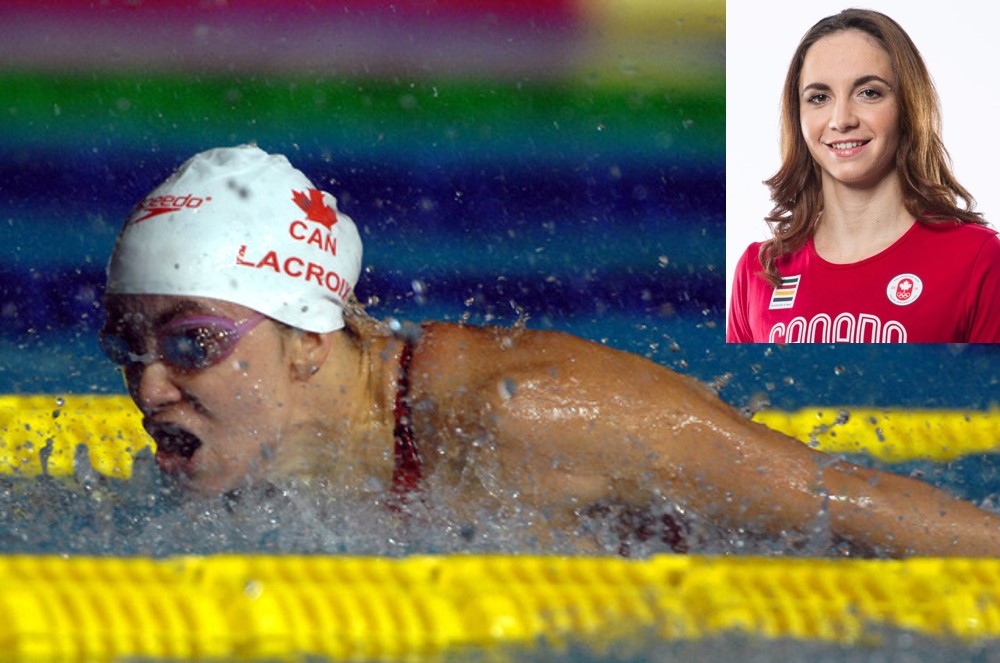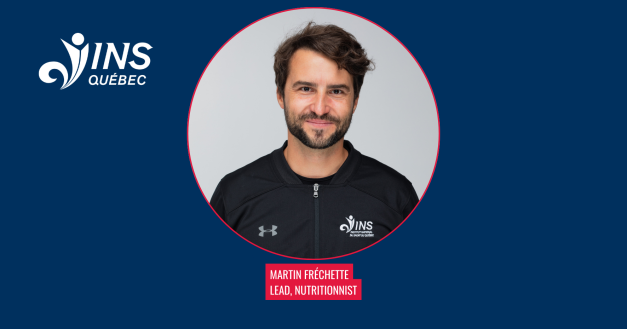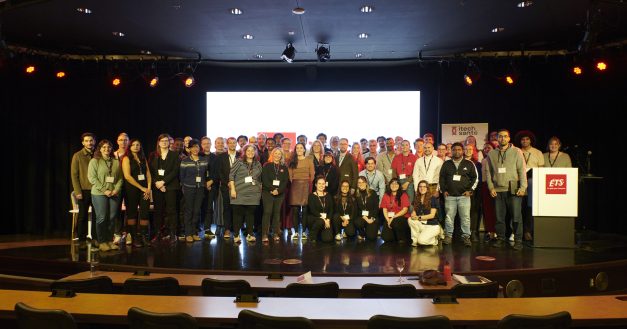The Olympic Year, Take 2

One year to the day before the opening of the Tokyo Olympic Games, INS Quebec asked its social media manager, Audrey Lacroix to dive back into her life as an Olympic swimmer in order to better understand the state of mind of athletes who have to deal with an unprecedented situation.
– – – – – – – – – –
THE OLYMPIC YEAR, TAKE 2
by Audrey Lacroix, Olympian (swimming, 2008, 2012, 2016)
We are one year away from the Olympic Games… again. The athletes will enter the home stretch for the second time in 12 months, leading them to the Tokyo Games. The situation is unique. The current generation of aspiring Olympians face a challenge never seen before.
As a retired Olympic athlete, I have wondered several times over the past few months how I would have reacted if such a situation had arisen during my career. While the stopping of supervised training, the postponement of the Games and the uncertainty surrounding their holding are challenges never seen before or even considered, I believe there are some things that are common to any Olympic preparation.
An Olympic year is, by definition, a year of uncertainty. For my part, in my three participations, I qualified about four months before the Olympics. A good part of the athletic experience is preparing for events before you are sure to attend. We must have tunnel vision during our preparation, concentrate on what we are controlling and ignore the rest.
In my case, the last year of the Olympic cycle was an analogy to my end points: keeping my head in the water, not hearing ambient noises, not watching what is happening nearby, and trusting my hands will hit the plate fast enough for me to reach my goal.
Some athletes have already obtained their Olympic passes, others are in the selection process. Even though their training regimen had to be adjusted over the last few months and they still don’t know when competitions will resume, the goal is clear and it is the same as before March 13, just a little farther.
After being forced to take a deep breath last spring, the athletes resumed training. Maybe a little rustier, but less tired and with fewer injuries. They have the chance to start the Olympic year over again, and they are ready to give it all up again.
Because athletes are perfectionists. In 2020-2021, they have the unique opportunity to prepare for the Olympics for the second time in a row. It is a cliché, but in sport there is usually no such second chance.
They try this second chance with all the positive and the risks that the situation involves. To be an international level athlete is to have a well-calculated little gambler side, a confidence in your abilities that motivates to want to roll the dice again. Because we know that our game of dice, our sport, is not based on chance, but on a set of factors over which we have control.
The current situation is not ideal. It leads some athletes to postpone personal and professional projects. It creates a lot of uncertainty. It is certainly a challenge, but it’s also an opportunity to stand out, to deal with uncertainty better than your opponents, to improve. To take advantage of this false start caused by a pandemic in 2020 to resume preparation and arrive in Tokyo even better prepared.


